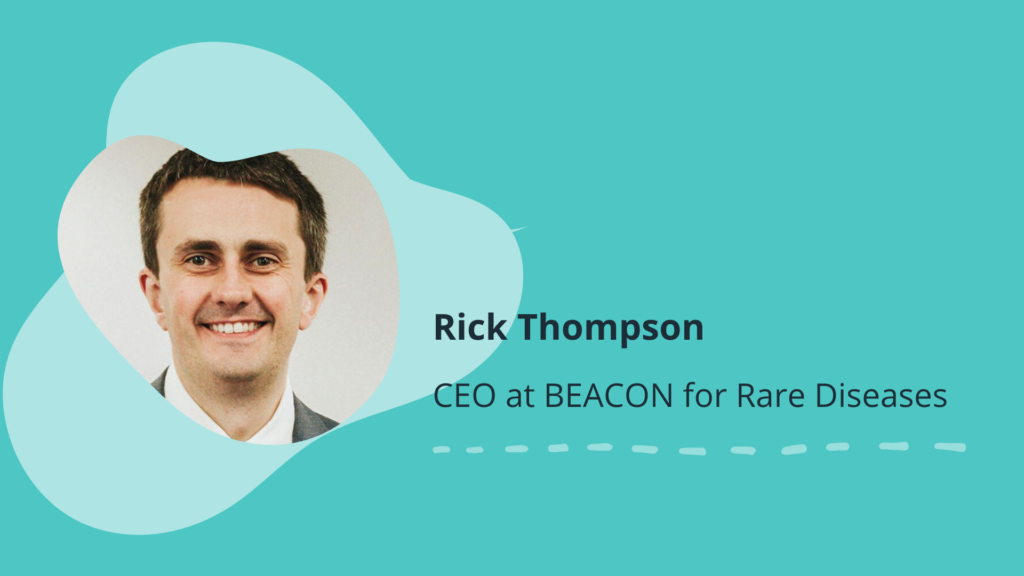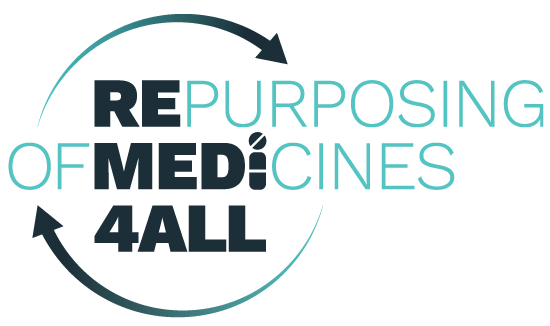Why is it that in drug development, the needs and preferences of those who are going to use the end product, are often neglected? What are the consequences of not involving patients in the process of investigating new treatments? How can this shortcoming be addressed? We had the chance to chat with Rick Thompson, CEO of Beacon for Rare Diseases (Beacon), during REMEDi4ALL 2nd. General Assembly Meeting last June in Amsterdam. He answered all these questions and shed light on the transformative power of patient engagement in the context of the REMEDi4ALL project.
Recognising the Power of Patient Engagement
Rick Thomson: “The pharmaceutical sector often bypasses patients and, instead, seeks input from prescribing doctors when developing drugs.”
“This approach lacks logic. Understanding the needs of the end-users is paramount in any industry, including life sciences. Doctors often fail to comprehend the patients’ experience. Their insights may miss important aspects like how a drug should help patients,” he adds. For Thomson, patient engagement is about acknowledging patients’ personal journeys and the profound impact their conditions have on their lives. “By involving patients, developers gain insights into how a drug should perform, its potential benefits, and the changes it can bring to patients’ lives. This, in turn, leads to the creation of effective and valuable products”.

Drug repurposing involves finding new applications for existing medicines. Rick elaborates: “This concept is akin to recycling: utilising drugs in innovative ways to maximise their potential benefits.” This approach holds tremendous promise for rare diseases, offering a lifeline to individuals who otherwise lack research and treatment options for their condition. Rick reflects further: “Repurposing existing drugs not only accelerates the drug development process but also offers hope to patients who may have been overlooked by traditional pharmaceutical research. This makes EU projects on drug repurposing such as REMEDi4ALL and REPO4EU such a high-potential endeavors.”
Patients’ Champions: Placing Patients at the Core of Research
Within the REMEDi4ALL project, patients hold a central role through the figure of the ‘patient champion’. Thomson describes patient champions as mostly individuals or caregivers personally connected to a disease, who sit as equals with researchers and all other experts in the repurposing teams to try and deliver real change. “They are often the drivers of research.”
“Their unique perspective ensures that the patient’s voice is integrated into every decision, providing crucial insights to developers and researchers. These champions bring the collective viewpoints of various patient communities, creating a holistic representation of needs and preferences” he explains.
Beacon’s CEO also acknowledged that patient engagement is not a one-size-fits-all endeavour. “Some have embraced it for years, while others might perceive it as a mere formality.” In his opinion, to catalyse wider adoption, two factors come into play. Firstly, research funders must prioritise patient input and engagement, acknowledging its significance in driving successful outcomes. Secondly, showcasing the tangible benefits of patient engagement through real-life case studies can help researchers recognise the impact it can have on repurposing journeys, leading to improved outcomes and better products.
Thomson envisions REMEDi4ALL as a pioneering platform for patient engagement. By embracing a patient-centric approach and positioning patient champions at the core, REMEDi4ALL aims to set a precedent. “This approach encourages others to adopt a similar stance, fostering a culture of learning, openness, and continuous improvement.” Ultimately, REMEDi4ALL seeks to revolutionise drug repurposing and expand the positive impact of patient engagement not only within the project but throughout the broader industry.
Elevating Patient Engagement for Better Medicines
“Incorporating patient engagement into drug repurposing is more than just a concept; it’s a vital step toward creating effective, impactful, and valuable medicines as they have better chances of reaching the market,” says Thomson. “Listening to patients, integrating their ideas, and aligning research with their needs can lead to the development of drugs that truly matter. Patient engagement isn’t just about ticking a box – it’s about embracing patient perspectives to create medicines that can transform lives; It is also about being realistic and frank.” As there’s always a chance of failure Rick adds: “Failure feels like a negative word but ultimately what we all aim for is therapies that are going to reach the market and deliver real benefits for patients. So, if there is clear evidence that a drug repurposing project isn’t going to achieve this goal, it would not be ethical to keep it going. The sooner we realise that and redirect the resources to other more promising research avenues, the better.“
Rick concludes our conversation on a positive note: “Through initiatives like REMEDi4ALL and patient champions, we can pave the way for a more patient-centric future, where research and development are driven by real-world impact.”




